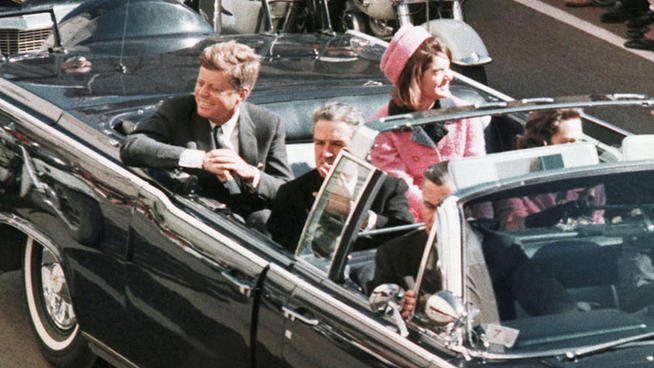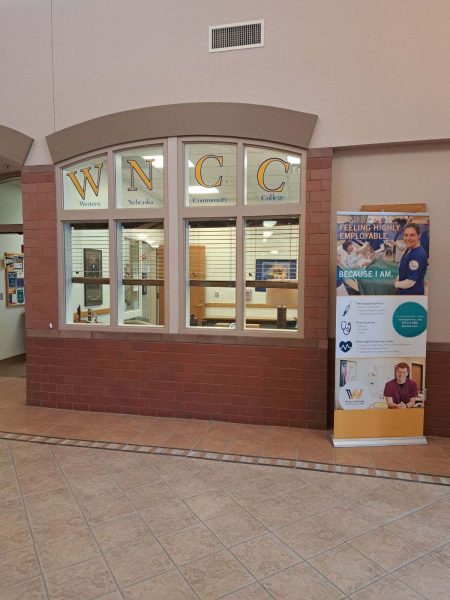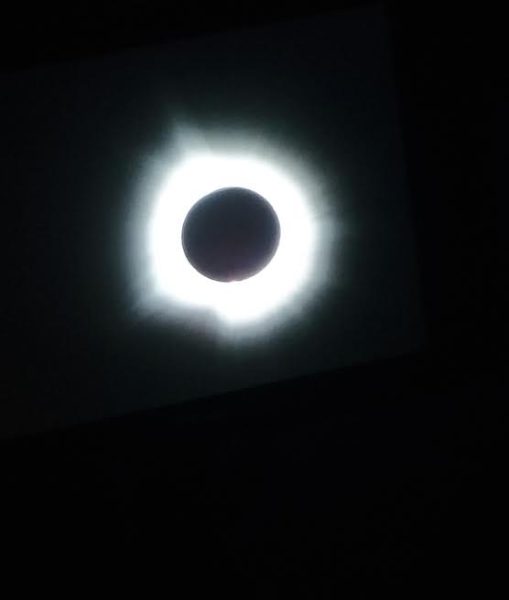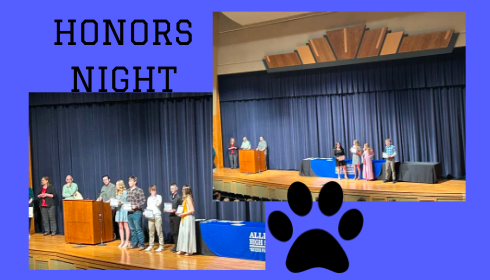Remembering JFK – Fifty Years Later
President John F. Kennedy, seated back left, and his wife, Jacqueline, seated to his right, along with Governor Jack Connelly, seated in the passenger seat moments before the assassination.
Fifty years ago, on the fateful day of November 22, 1963, the thirty-fifth president of the United States, John Fitzgerald Kennedy, was shot and killed in Dallas, Texas. The day has remained in infamy and forever changed the fabric of our country.
The ordeal began that morning, when President Kennedy and his wife, Jacqueline, arrived at the Dallas-Fort Worth International Airport. From there, they met Texas Governor Jack Connelly, and his wife, Nellie, when then the procession proceeded along a ten-mile route that would travel through downtown Dallas on the way to the Trade Mart where the President was scheduled to speak at a luncheon.
Crowds of people lined the streets to wave at the Kennedy’s and Connelly’s as the car turned from Main Street downtown Dallas and onto the Dealey Plaza around 12:30pm. As it was passing the Texas School Book Depository, gunfire erupted in the plaza.
Bullets struck the President in the neck and the head, and he slumped toward Jacqueline in the back seat. The car sped to Parkland Memorial Hospital to attempt to revive the President, but little could be done, and the President John F. Kennedy was pronounced dead at 1:00pm.
Shortly after, a man named Lee Harvey Oswald, a former employee of the Texas School Depository, was arrested for the assassination of President Kennedy, and on the following Sunday, Oswald was scheduled for a court appearance and hearing. The world watched as Oswald walked to the courtroom where then a disgruntled night club owner named Jack Ruby jumped out of the crowd and shot Oswald, killing him, and adding to the conspiracy.
On Monday, November 25, President Kennedy was laid to rest in Arlington National Cemetery. The funeral was attended by head’s of state and representatives from more than 100 countries, with millions more watching on television. Afterward, Mrs. Kennedy and her husband’s brothers, Robert and Edward, lit an eternal flame.
This course of events would change America forever. People throughout the nation and the world struggled to make sense of a senseless act and to articulate their feelings about President Kennedy’s life and legacy. The assassination of JFK changed the way Presidents travel; no longer would presidents ride in an open roof vehicle. It added higher security in the C.I.A. and secret service, and it made presidents less accessible to the American public, and therefore creating a mindset within the public that the executive office would forever be more protected.











